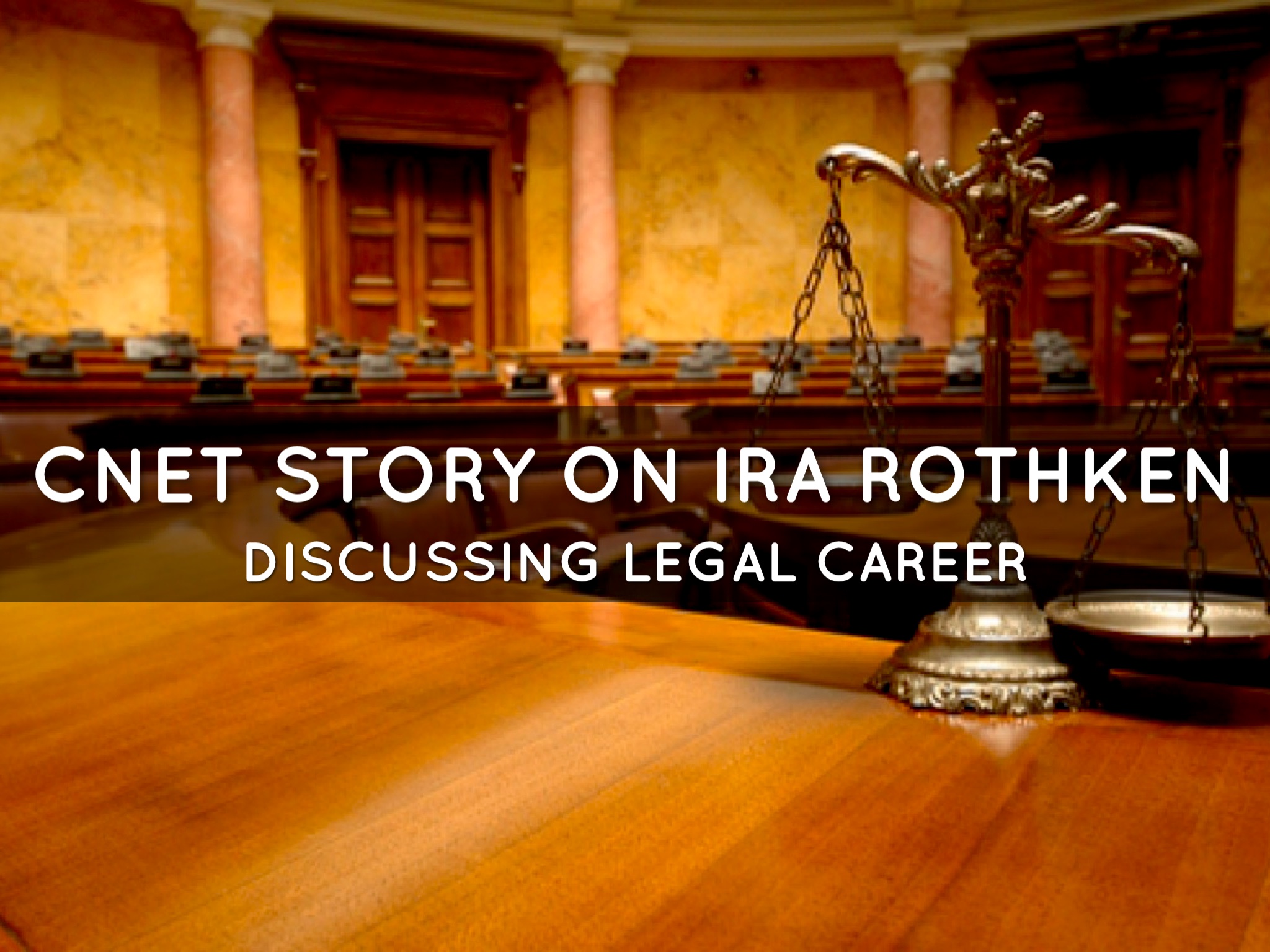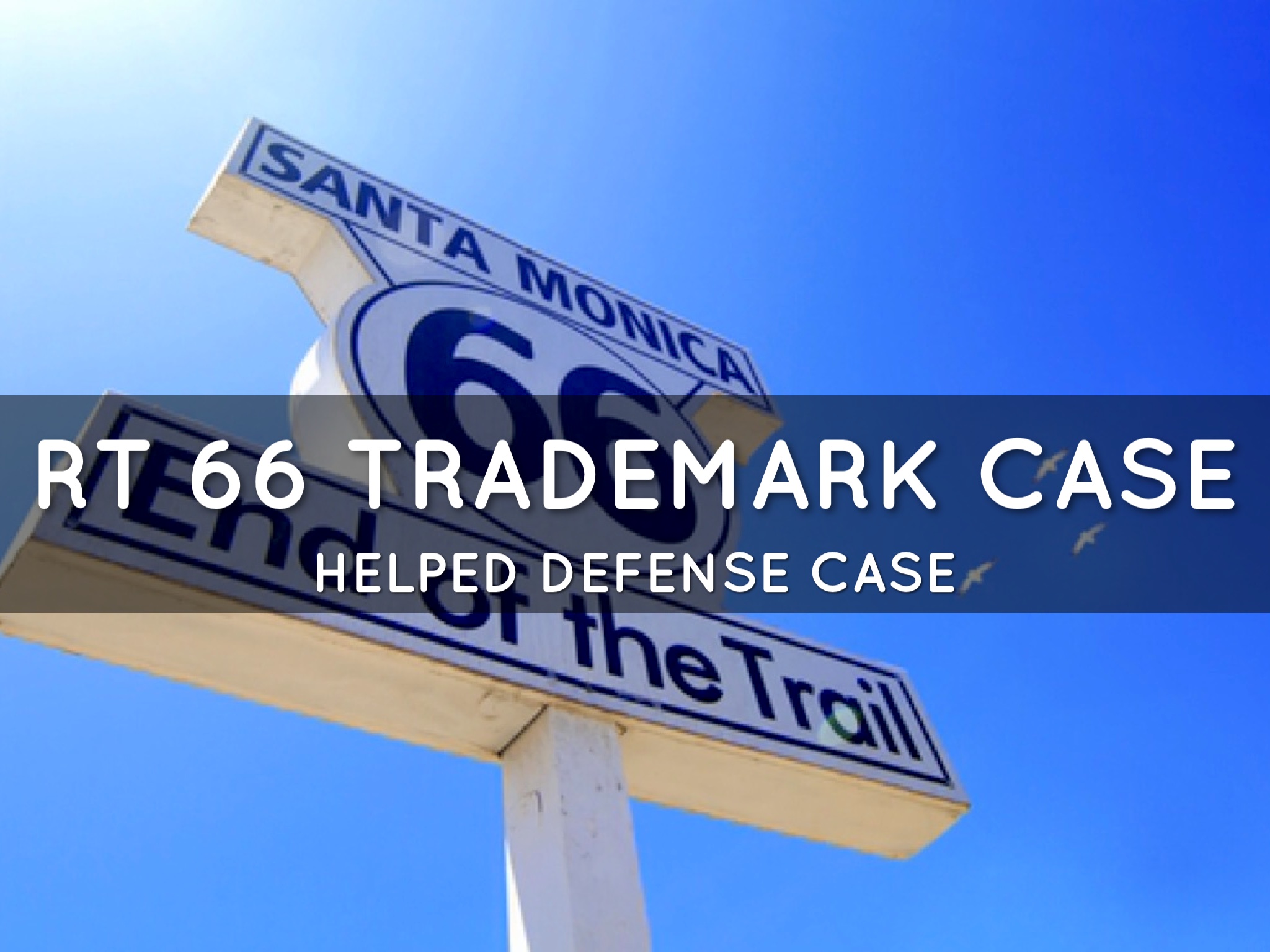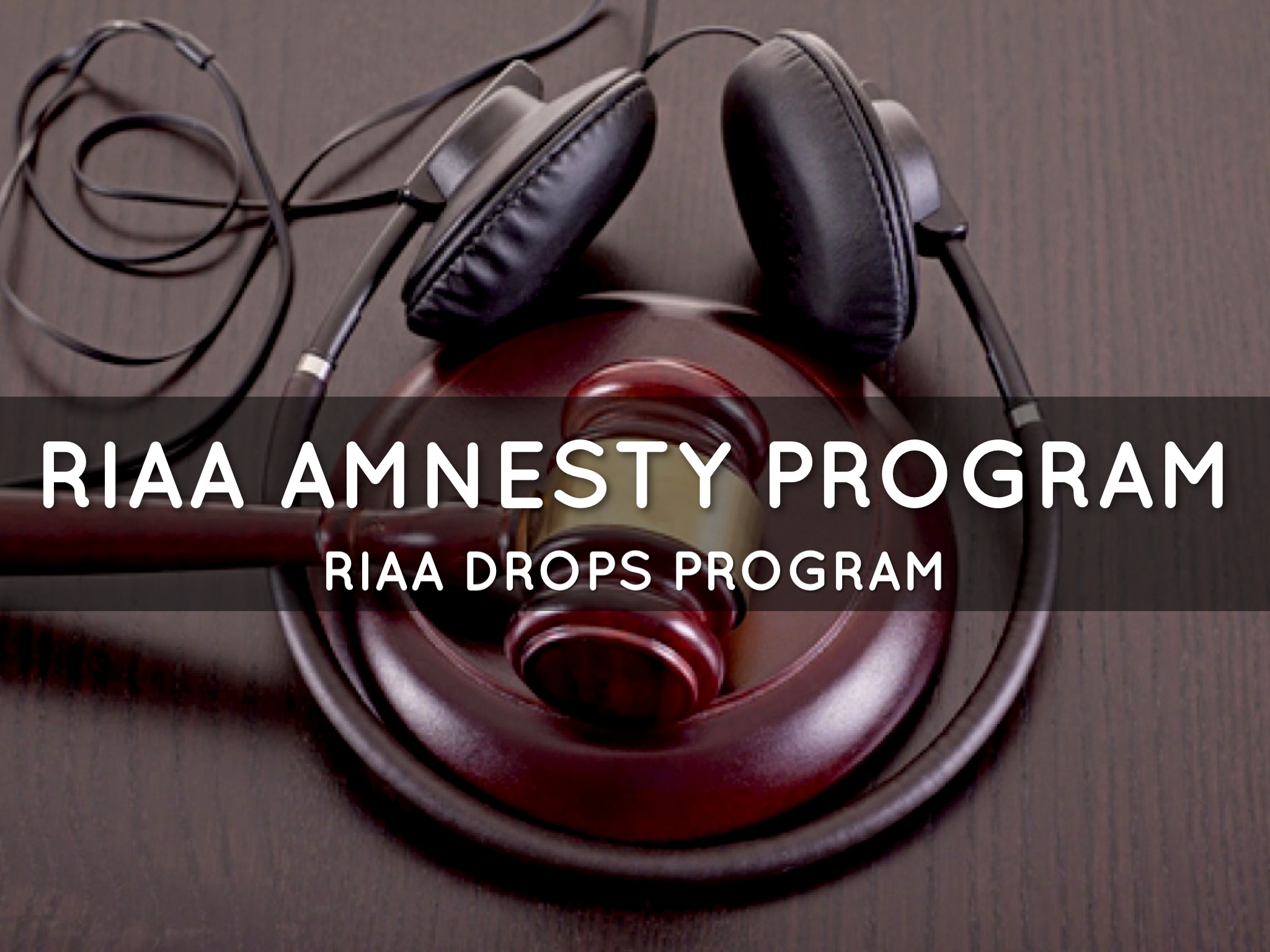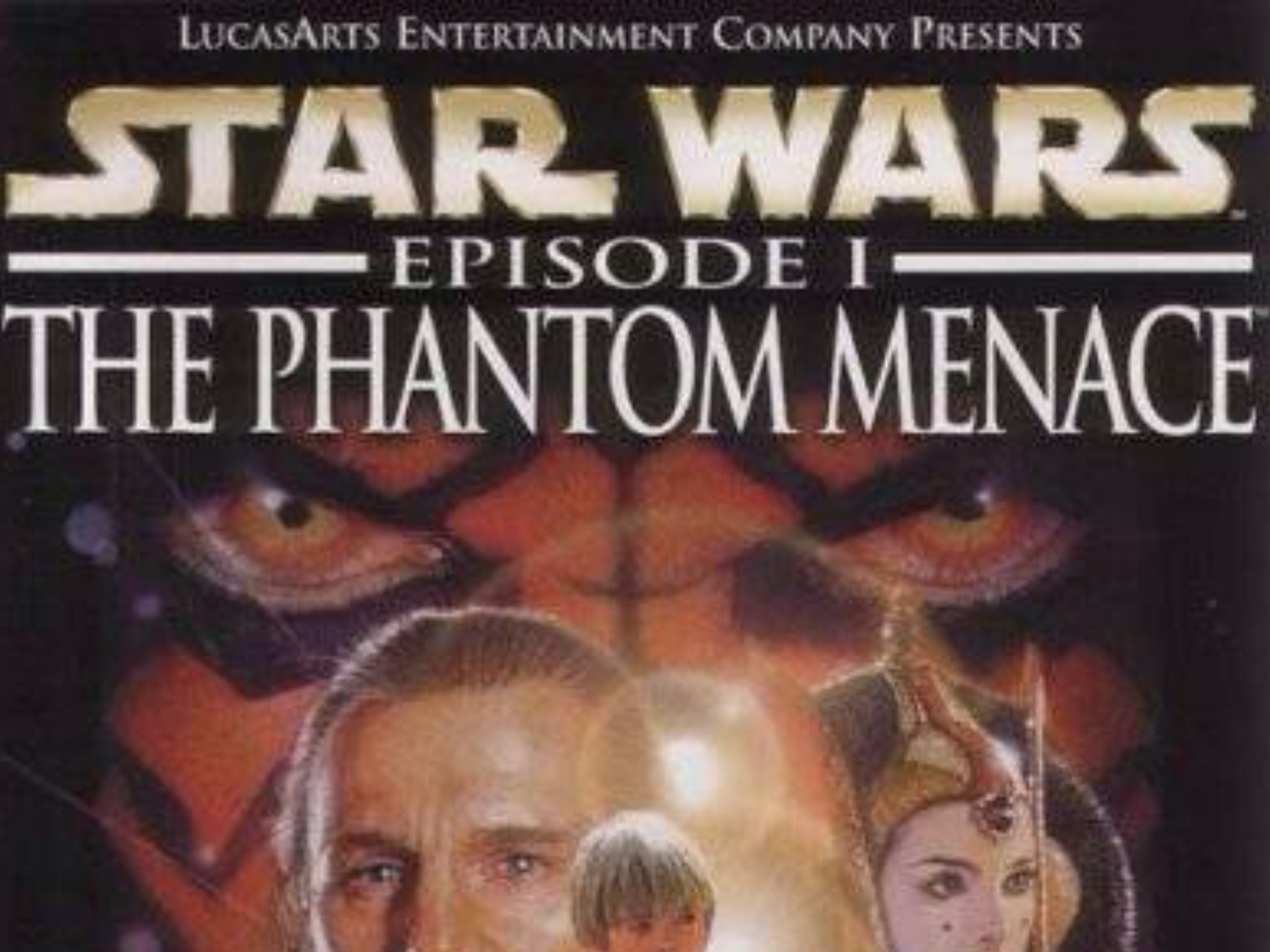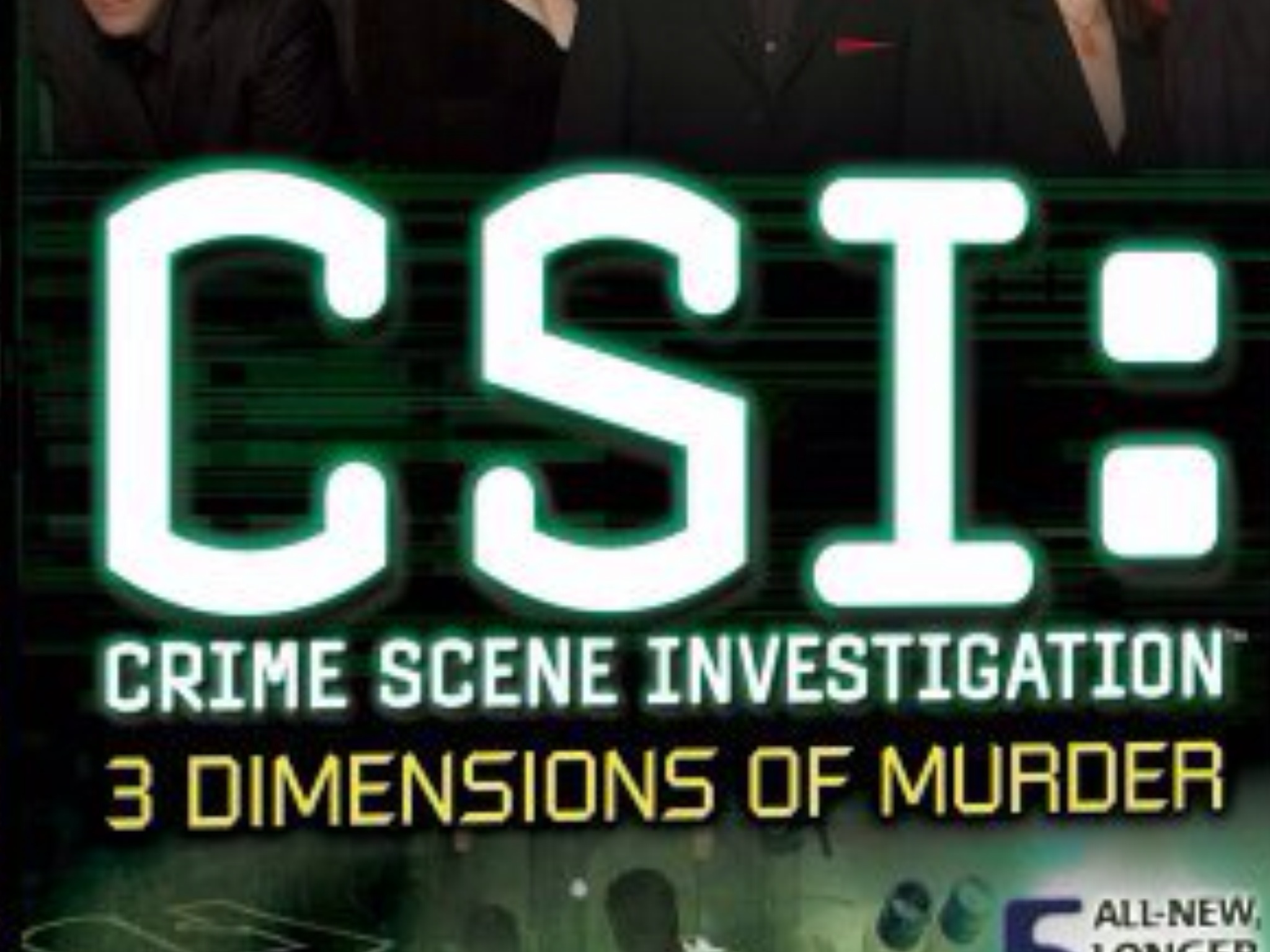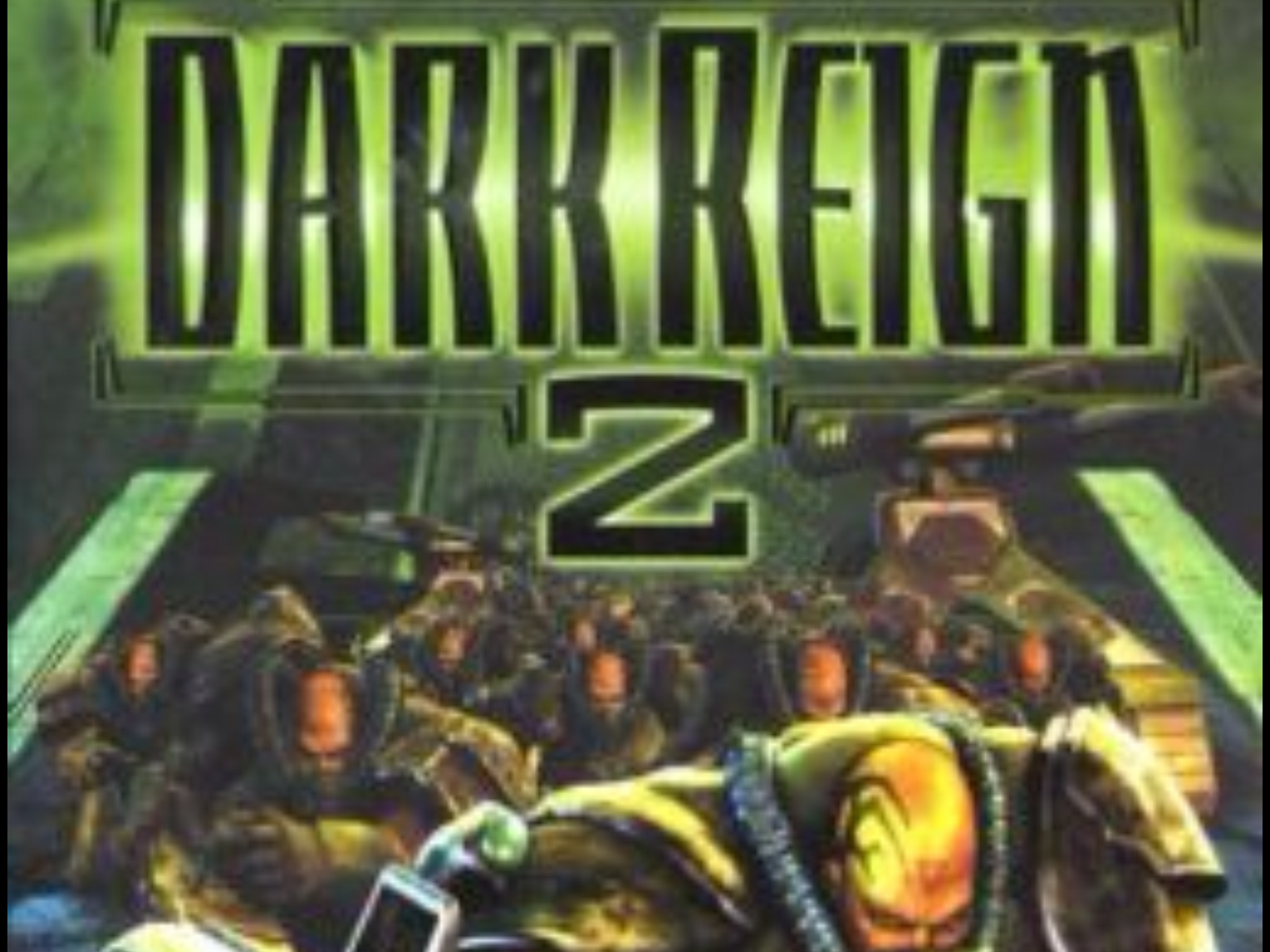Megaupload submitted a brief to the United States District Court in the Eastern District of Virginia on August 24th, 2015 asking to specially appear, to prevent destruction of Megaupload's server data so that it can be used as crucial defense evidence in pending civil and criminal copyright cases.
Megaupload also supports reasonable consumer access to legacy cloud storage data.
Below is an excerpt from the Megaupload brief.
Defendant Megaupload Ltd. (“Megaupload”) (owner of some data at stake herein, legal custodian of third-party data, and named but not served as a criminal defendant in these proceedings) seeks leave of Court to specially appear for the limited exigent purpose of responding to the instant “renewed” motion [D.E. 217-218] that will determine the preservation or destruction of crucial defense evidence stored on servers formerly leased from Carpathia (now “QTS”).1 The Court granted leave to specially appear and oppose the original motion [D.E. 87].
It is well-settled the Due Process Clause “standard of fairness” requires that “criminal defendants be afforded a meaningful opportunity to present a complete defense.” California v. Trombetta, 467 U.S. 479, 485 (1984). To that end, it is equally well-settled that “the government has a duty to preserve evidence that possesses ‘an exculpatory value that was apparent before the evidence was destroyed’ where ‘the defendant would be unable to obtain comparable evidence by other reasonably available means.’” United States v. Newsome, 322 F.3d 328, 334 (4th Cir.2003) (quoting Trombetta, 467 U.S. at 489). In such circumstances, the Government may have a duty “to take affirmative steps to preserve evidence on behalf of criminal defendants,” even where the evidence is not already (or not still) in the government’s control. See Trombetta, 467 U.S. at 486. In this action, Megaupload respectfully submits that the Government has a constitutional duty to preserve the “Carpathia Servers” as potentially exculpatory evidence that “might be expected to play a significant role” in the defense against the crimes alleged in the Superseding Indictment.
Moreover, since the original motion concerning these servers was filed, as discussed below, the Government filed a civil forfeiture action implicating the broad electronically stored information (“ESI”) preservation and eDiscovery cooperation mandates of the Federal Rules of Civil Procedure. The duty to preserve and cooperate in ESI preservation to prevent destruction begins not when litigation begins but when it was reasonably anticipated by the Government that it might occur. Zubulake v. UBS Warburg LLC, 220 F.R.D. 212, 218 (S.D.N.Y. 2003); The Pension Committee of the University of Montreal Pension Plan, et al. v. Banc of America Securities LLC, et al., Amended Order, Case No. 05-cv-9016, 2010 U.S. Dist. LEXIS 4546, 2010 WL 184312 (S.D.N.Y. Jan. 15, 2010). The forfeiture civil action in combination with private civil copyright lawsuits related before this court act as an additional and separate basis on which Megaupload requests to be specially heard as an interested party in this proceeding. requests preservation of the Megaupload server data, which is important evidence in all the related cases.
A criminal defendant’s rights to present evidence, to confront witnesses and to obtain discovery are essential to a fair trial. Forfeiture alleged in this case in the Superseding Indictment [Dkt. 34, ¶¶ 106-116] was adjudged and ordered in Civil Action No.: I: I 4-cv-969, presently on appeal. Civil proceedings impose further requirements on preservation of evidence.
In this novel and complex case, the Government appears determined to prevent defendants from having a fair trial and appears determined to deprive defendants of due process rights protected by the United States Constitution. Distilled to its essence, the Government removed Megaupload’s server data from Megaupload’s control, will not give it back, and has taken active steps to prevent preservation of the data for use by Megaupload in its own defense.
Non-Party QTS/Carpathia confirms this in their renewed motion. The Government has controlled events for the manifest purpose of seeing such evidence destroyed in a case it has described as one of “the largest criminal copyright cases ever brought by the United States.”
Defendants submit that, unless the Court acts to preserve the Megaupload server evidence, the integrity of the criminal case and related proceedings will be irreversibly undermined.
The Court is familiar with the facts. On January 19, 2012, the Government executed search warrants as to Defendants at numerous locations around the world, including Carpathia's server-hosting facility in the Eastern District of Virginia.4 On January 27, 2012, the Government informed Megaupload that it had "copied selected Mega Servers and copied selected data from some of the other Mega Servers," without identifying specific data or selection criteria. [D.E. 32]. The Government expressly disclaimed any possession, custody or control over the Mega Servers.
Ensuing events contradicted Government disclaimers of control over the Mega servers.
On March 20, 2012, Non-party Carpathia Hosting Ltd. filed its Emergency Motion for Protective Order, which is renewed herein. [D.E. 38-39.] On March 30, 2012, Non-party Kyle Goodwin, represented by the Electronic Frontier Foundation, sought to appear to obtain access to files backed up on the Megaupload servers, which he needed because his hard drive had crashed. [D.E. 51-52.] Plaintiffs in related civil suits also appeared. [D.E. 53-55, 80.] The Government opposed Carpathia’s Motion. [D.E. 56.] After Megaupload filed papers [D.E. 67], the Government filed a response thereto. [D.E. 76.]
Evidence showed that Megaupload and Carpathia had reached an agreement for Megaupload to purchase the servers from Carpathia for $1,465,500 with payment deferred until final disposition of the criminal case against Megaupload. [D.E. 67, Exhibit C, ¶¶ 1.3, 1.4.] The deal would have given the Megaupload defense team cheap and easy access to the all data evidence and would have substantially alleviated evidentiary and due process issues in both the civil and criminal cases. As stated by Carpathia, the agreement was: “a much less expensive alternative than Mega making its own image of the servers. ... The government objected to that sale, apparently for the reasons described in its response brief: ‘The government ... is additionally concerned because it has not seen any detailed plans for appropriately transferring the Carpathia Servers to an entity that demonstrates reasonable and untainted resources for that purpose, provides sufficient safeguards regarding access, successfully deals with the specific concerns of victims, and deals appropriately with the contraband and other illegitimate files on the Carpathia Servers.’ (Govt Br. at n. 3). ” (Carpathia Rebuttal Memo [D.E. 70 at 7-8] quoting from D.E. 56.)
The Government’s stated concerns about safeguards, etc., were not based on fact. Contrary to Government objections, Megaupload wanted the servers to be preserved “ under a litigation hold.” Defense counsel and consultants would have “exclusive access to the Mega data hosted on the Mega servers” and “[a]ll uses of the data . . . [would] be for purposes of assisting Mega and co-defendants in criminal or civil litigation.” Defendants proposed that “consumer access to server content shall be prohibited and allowed only on such terms as shall be ordered by a UnitedStates District Court or agreed to in writing signed by the US Attorney's Office,” and that “Noelectronically stored materials may be materially altered, wiped, deleted, or destroyed in any manner.” [D.E. 67, Exhibit D.]
A hearing on the matter was held on April 13, 2012. [D.E. 86, 84, 87.] The Court ordered the parties to meet and confer in front of a magistrate judge and to report in two weeks if the matter was not resolved. [D.E. 87.] Resolution not having been achieved and a new Motion for Return of Property/Pre-Trial having been filed by Non-party Goodwin [D.E. 90-91], a secondhearing was scheduled for June 29, 2012, which led to further briefing. [D.E. 92, 98, 99, 105, 110.]
Thereafter, on October 2, 2012, the Court ruled that “the Court finds that it is unable to reach a conclusion as to this matter without an evidentiary hearing.” The Court ordered briefing and stated that: “The Court will consider the parties filings and designate a date for the hearing thereafter.” [D.E. 126, see also D.E. 130, extending time for briefing.] Further motions, briefs and documents were filed. [D.E. 131, 133-136, 139-141, 144, 149, 153, 155, 157-158, 161-164, 168-170, 174-189.]
In the meantime on or about February 1st 2013 the Government permitted the Megaupload server data located in the EU at Leaseweb in the Netherlands to be destroyed. Megaupload advised Judge Anderson of the development, see letter of July 3, 2013, attached hereto as Exhibit A, and asked to reconvene the meet and confer meetings ordered by the Court on April 18, 2012 [D.E. 87.] in order to preserve the server data located at Carpathia. The United States declined any meet and confer on data preservation.
On July 29, 2014, the Government filed a civil forfeiture action targeting all the revenues and user conduct arising out of Megaupload’s global cloud storage services including revenues arising out of the server data evidence in the Netherlands and revenues arising out of the server data evidence in the United States.
No hearing on the server data preservation matter was scheduled until QTS/Carpathia filed the instant renewal Motion. Defendants again request that the Court intervene and permit the transfer of the Megaupload servers in a manner and method that preserves the integrity of the data such that it can be used in the civil and criminal case and to preserve the integrity of due process...
 Monday, September 14, 2015 at 05:23PM
Monday, September 14, 2015 at 05:23PM  Admin | Comments Off |
Admin | Comments Off | 





